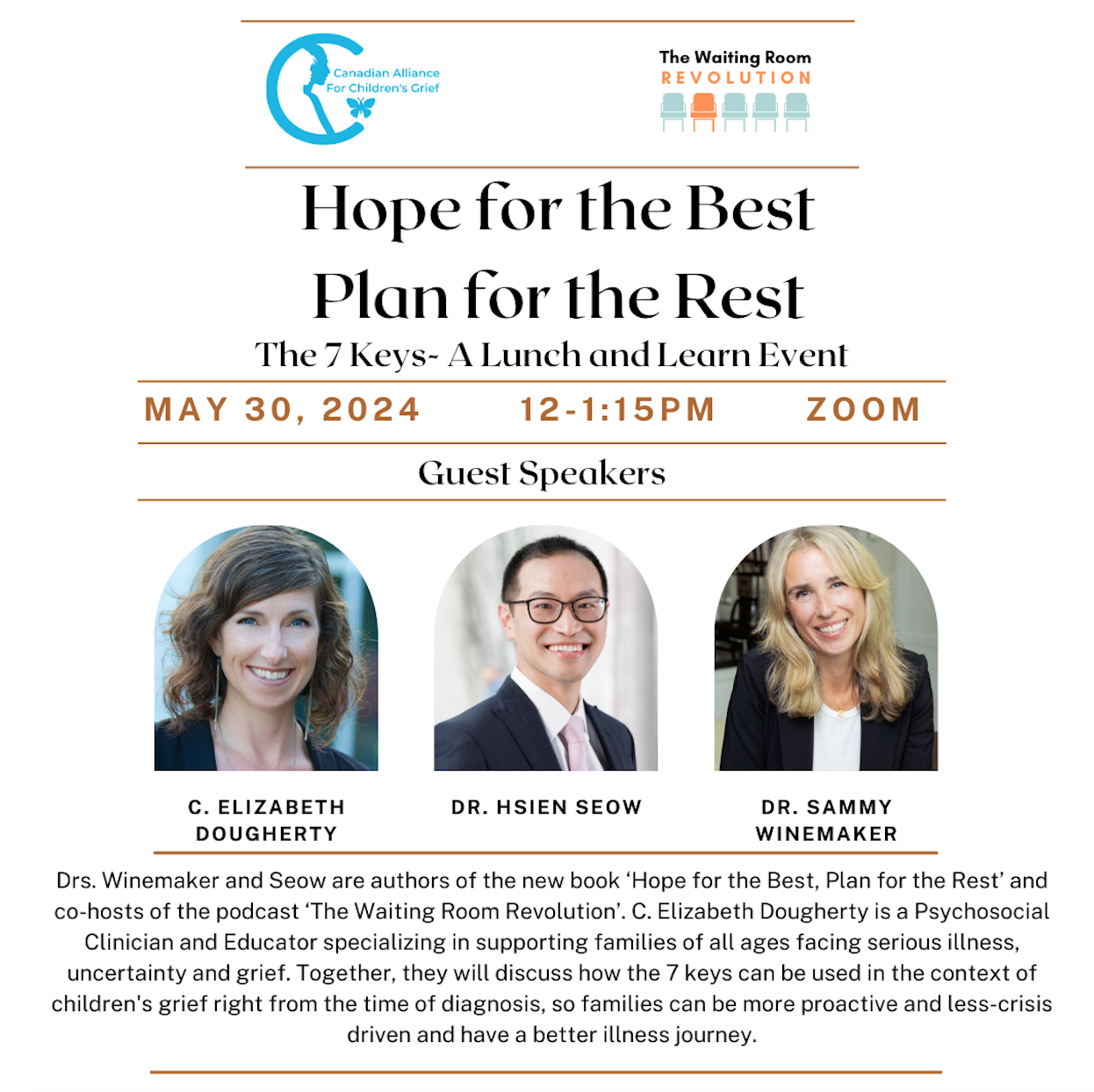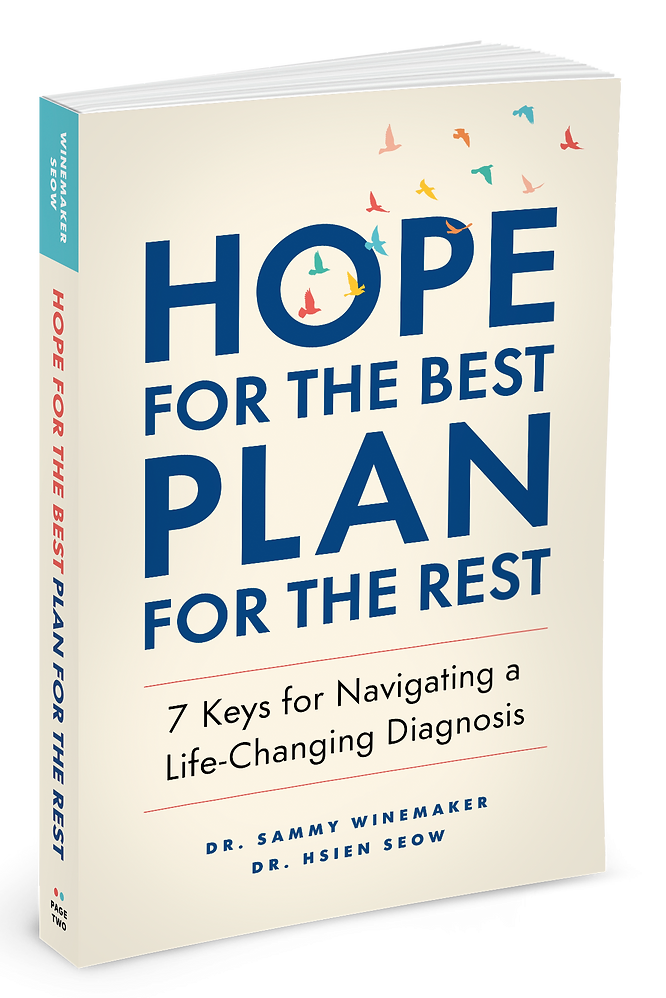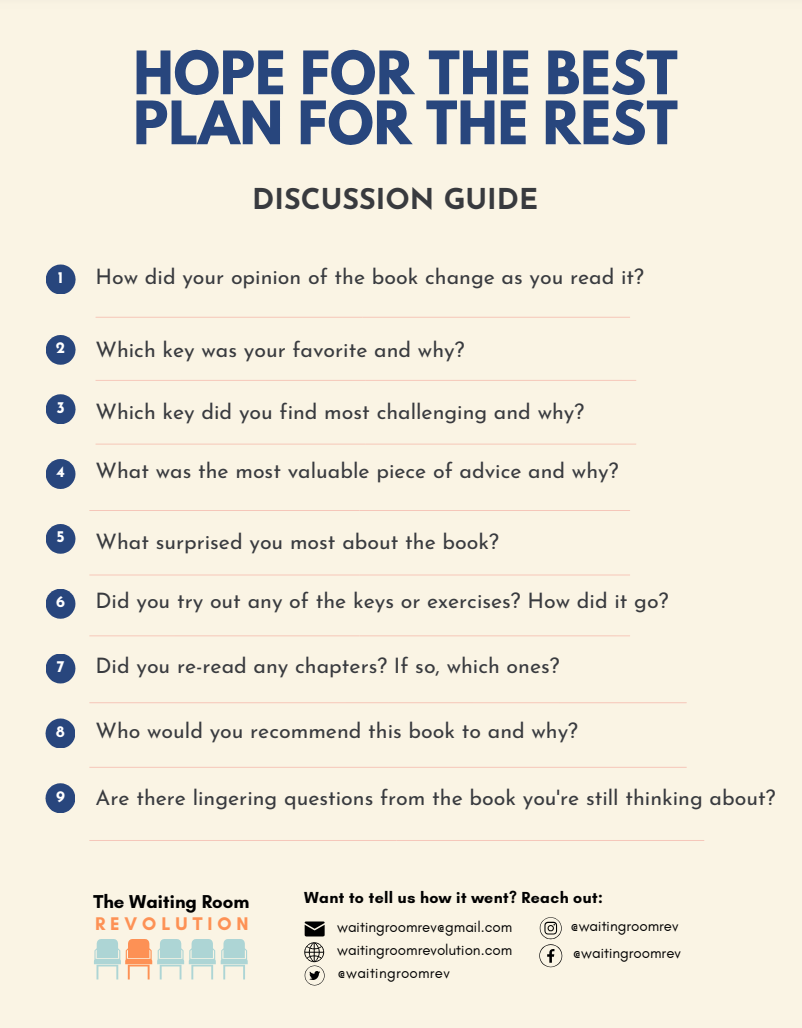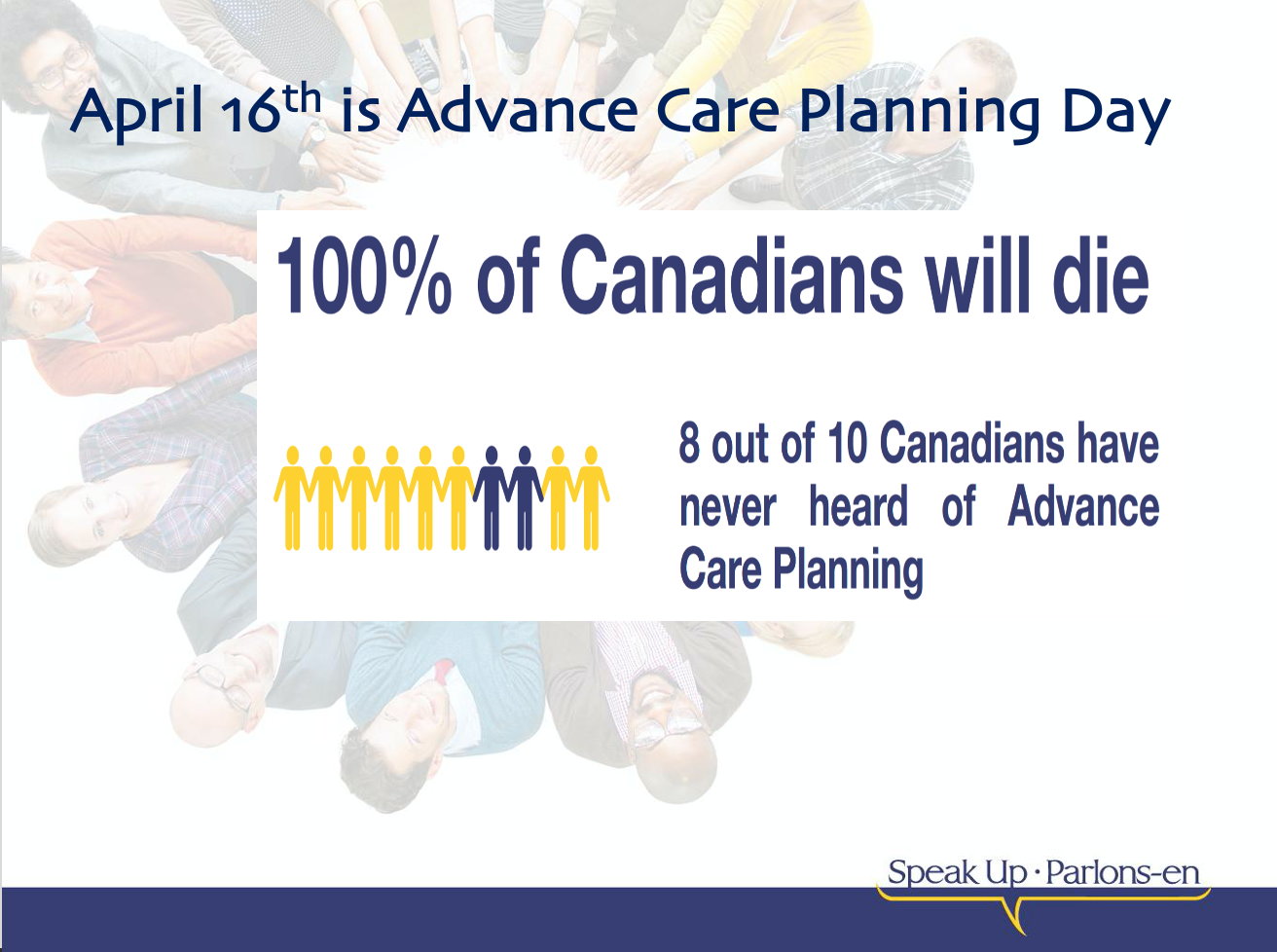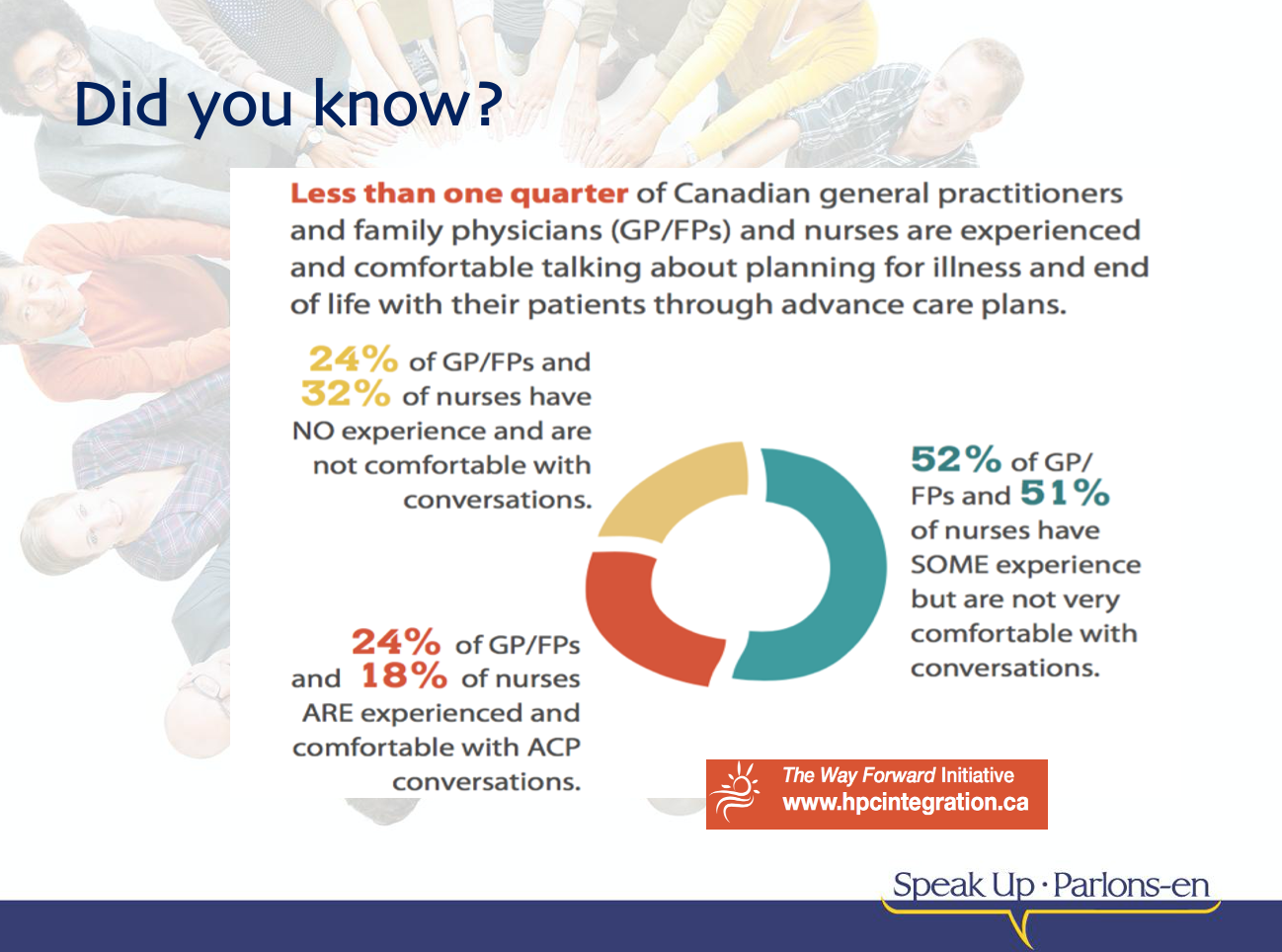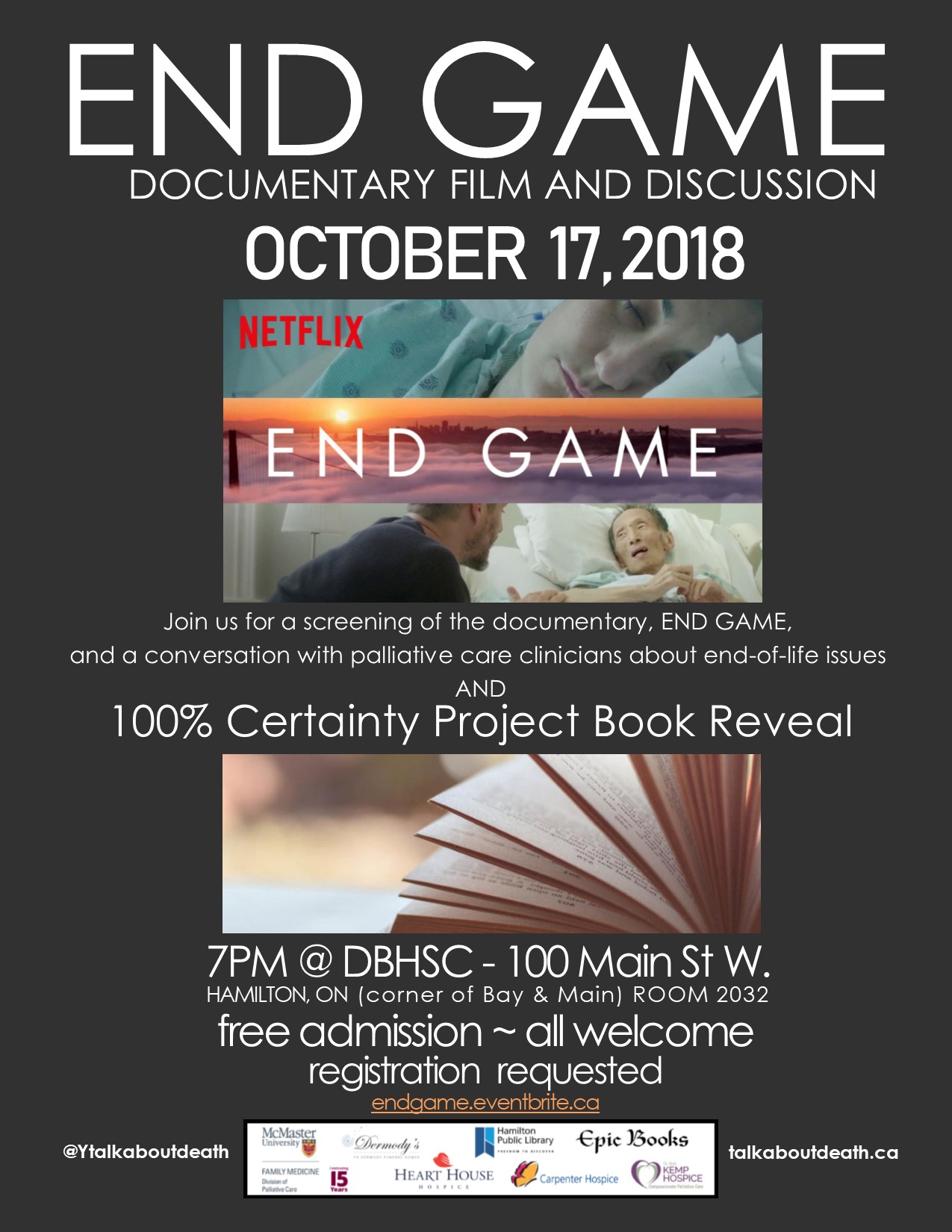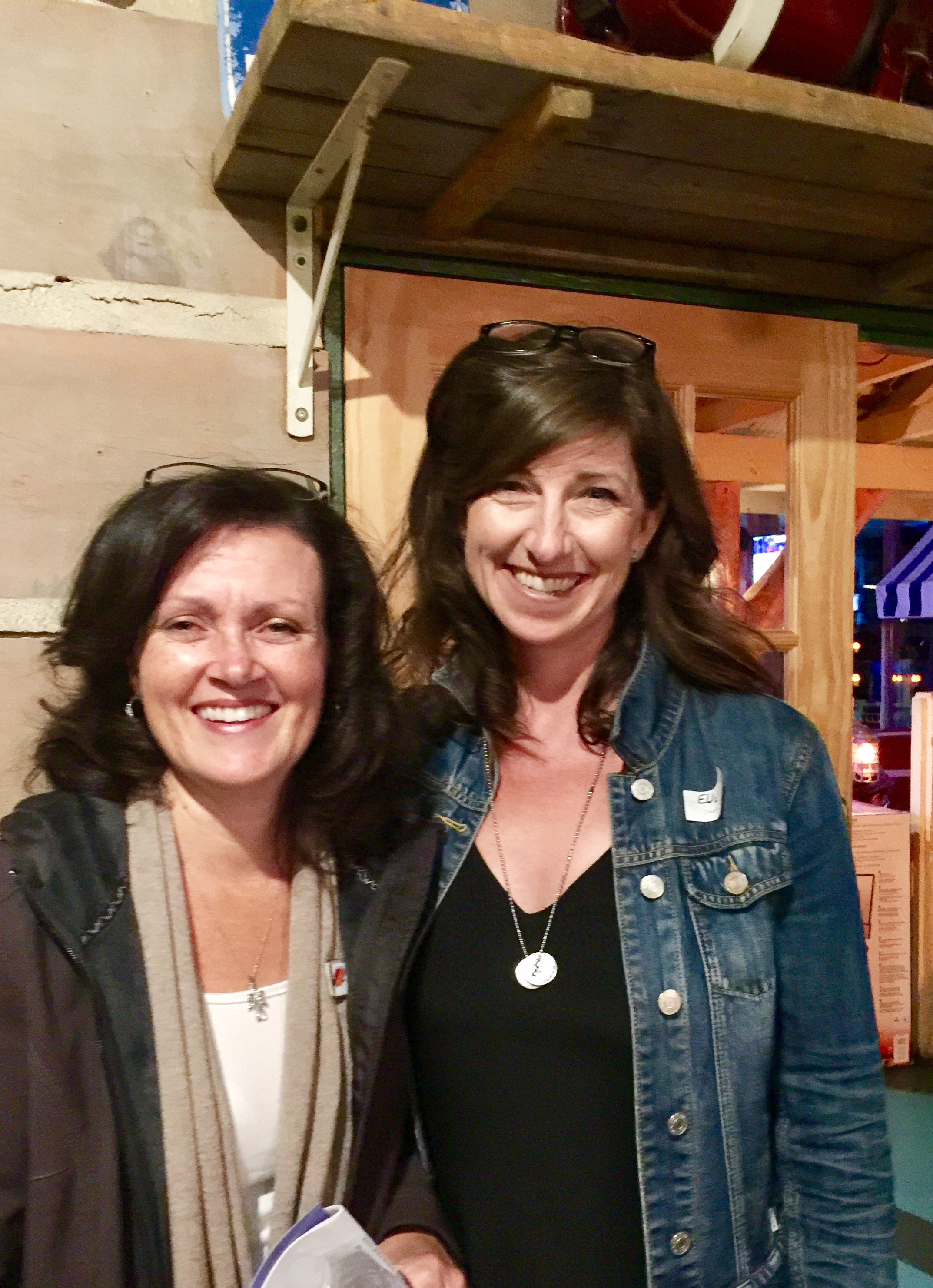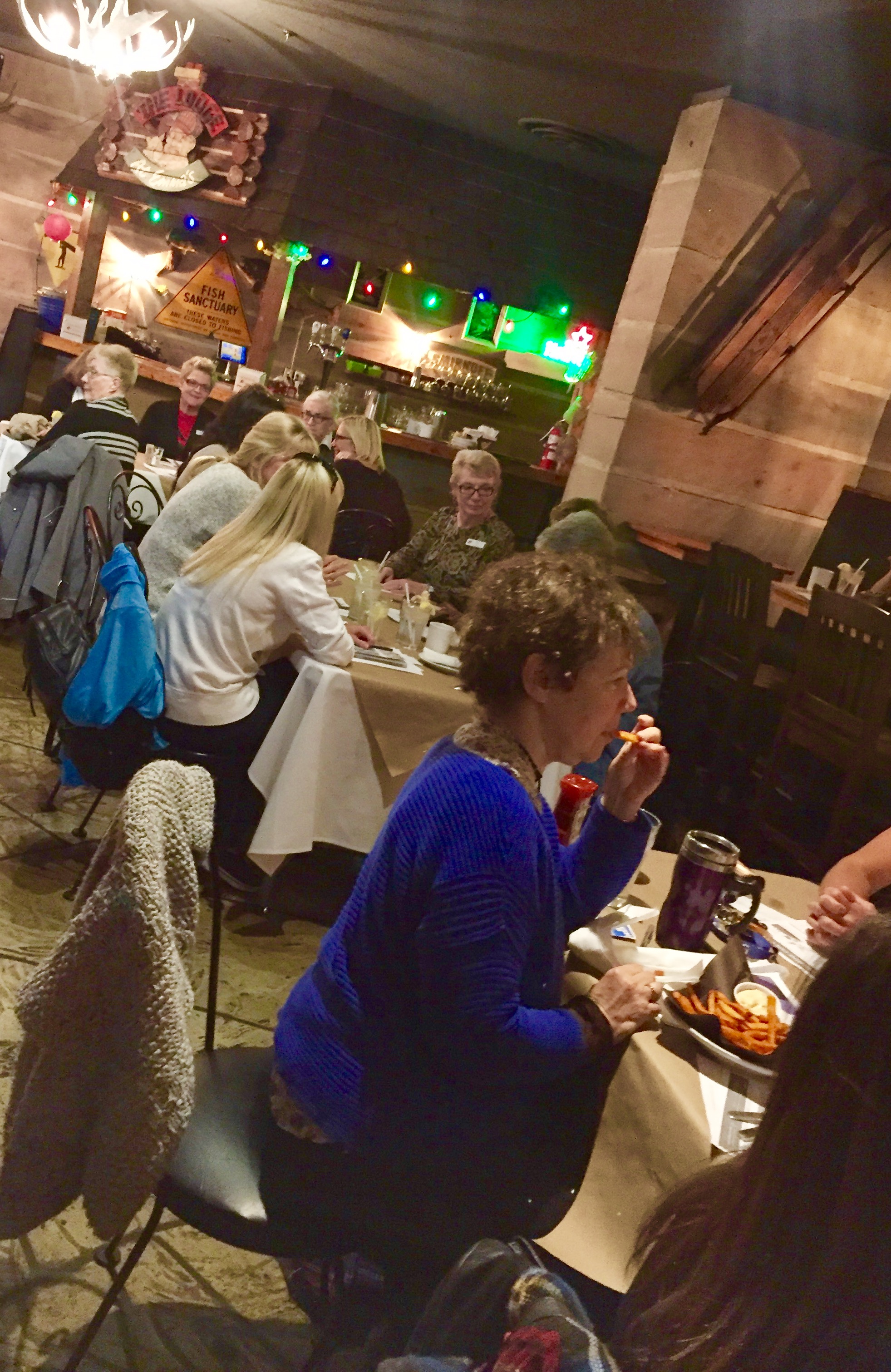I am thrilled to be in conversation with fabulous colleagues from McMaster University, Dr. Hsien Seow & Sammy Winemaker of The Waiting Room Revolution.
Dr.'s Seow and Winemaker are extraordinary advocates and brilliant communicators focused on supporting individuals, families and communities navigating serious illnesses and facilitating empowered experiences within the healthcare system.
"Hsien and Sammy have spent their careers helping those who are facing serious illness. For years, they often heard patients and families say they felt unprepared and overwhelmed. Despite years of education, research, and advocacy, they continued to hear patients and families say 'Why didn’t anyone tell me that sooner…'
They started the Waiting Room Revolution movement because they wanted to improve the patient and family illness experience. They want to build a community to share deeply human stories about caring for others. Through interviews with experts, clinicians, patients and caregivers, they are harnessing the advice of those with lived experience to better prepare those who are just starting their caring journey." Source: The Waiting Room Revolution
Join us for Hope for the Best Plan for the Rest The 7 Keys - A Lunch and Learn Event with the Canadian Alliance for Children’s Grief via ZOOM
Guest Speakers:
Drs. Winemaker and Seow are authors of the new book ‘Hope for the Best, Plan for the Rest’ and co-hosts of the podcast ‘The Waiting Room Revolution’. C. Elizabeth Dougherty is a Psychosocial Clinician and Educator specializing in supporting families of all ages facing serious illness, uncertainty and grief.
Together, they will discuss how the 7 keys can be used in the context of children's grief right from the time of diagnosis, so families can be more proactive and less-crisis driven and have a better illness journey.
Please register via this link.
Source: The Waiting Room Revolution

